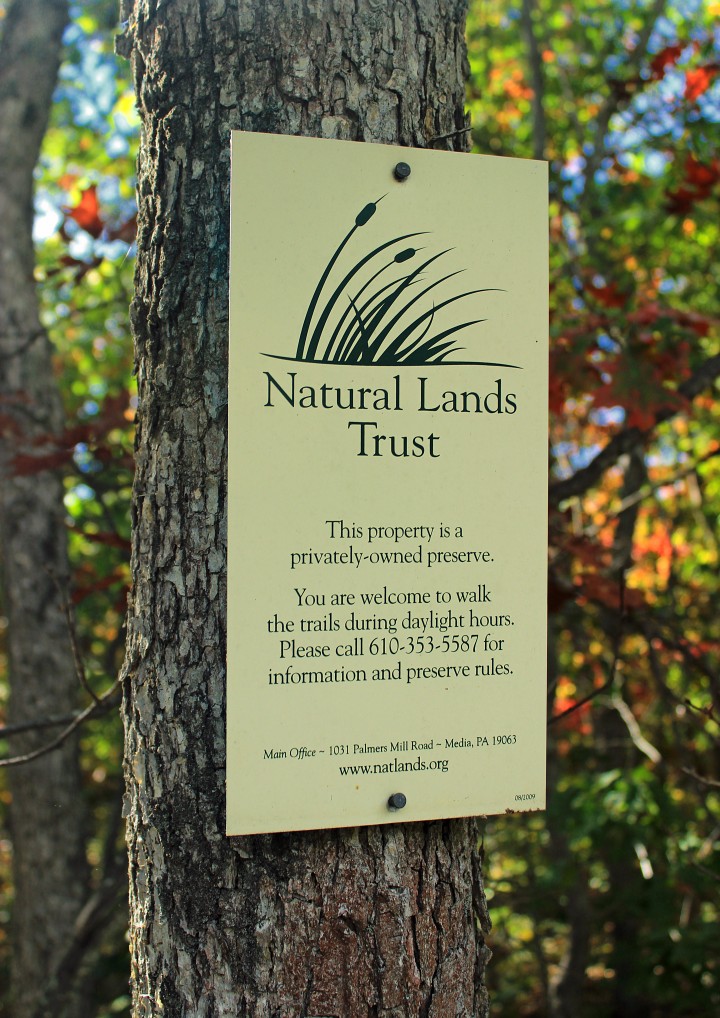Land Trusts & Cornell
At the Cornell Lab of Ornithology (Cornell Lab), we believe land trusts can make a critical contribution to conserving birds and birds can benefit the conservation efforts of land trusts by helping to grow support and capacity.
Approximately 47 million acres are protected by land trusts and private conservation organizations, creating a network of private, protected lands nearly as large as the National Park Service system in the lower 48 states. These lands are important to hundreds of common bird species and critical to the more than 100 species of conservation significance that have at least 50% of their breeding distribution on private lands. For instance, grassland birds are declining faster than any other group of birds—these species are almost completely reliant on private lands, which hold about 81% of grasslands.

In 2014, Cornell Lab began a Land Trust Initiative to determine the best ways to maximize the mutual benefits that birds and land trusts can provide to each other. To guide the development of our initiative, we first conducted a survey to understand more about how land trusts are contributing to bird conservation now and what land trusts need to successfully implement bird conservation on their lands.
Our survey showed more than half of land trusts recognized the importance of considering birds in their conservation efforts, but less than one-third consulted bird conservation plans and fewer still considered bird species of high conservation concern for their area. These results indicated that proactively facilitating partnerships between the bird conservation community and land trusts could benefit bird populations and help land trusts. See more details on the methods and results of the survey here.
Given these results, we developed two projects to bridge the gap between land trusts and bird conservation. The first is this website, which is designed specifically to provide land trusts with easy to access bird conservation resources, tips on raising funds, tutorials for using eBird to gather information about birds on your land, and partnership opportunities. The second project is a more hands-on approach to focus bird conservation on the highest priority species by forming Land Trust Bird Conservation Collaboratives.
We hope these efforts are useful to land trusts and help increase the pace and effectiveness of bird conservation. We would love to hear your feedback or about your success as a land trust focused on bird conservation.


